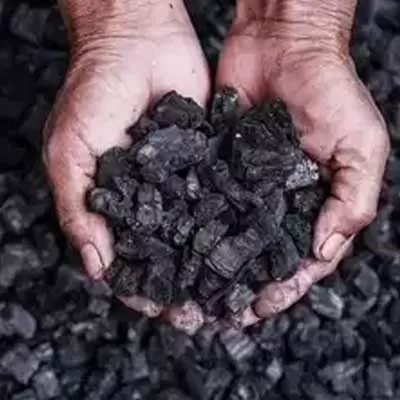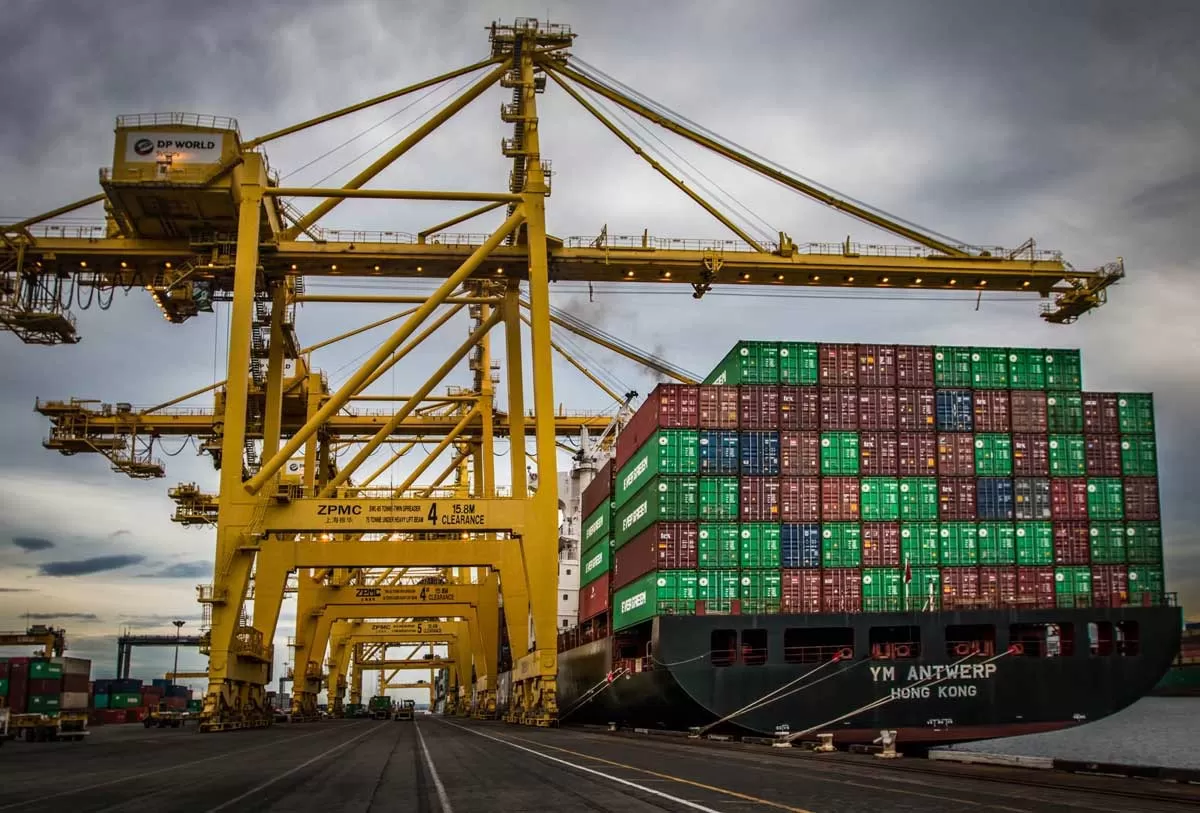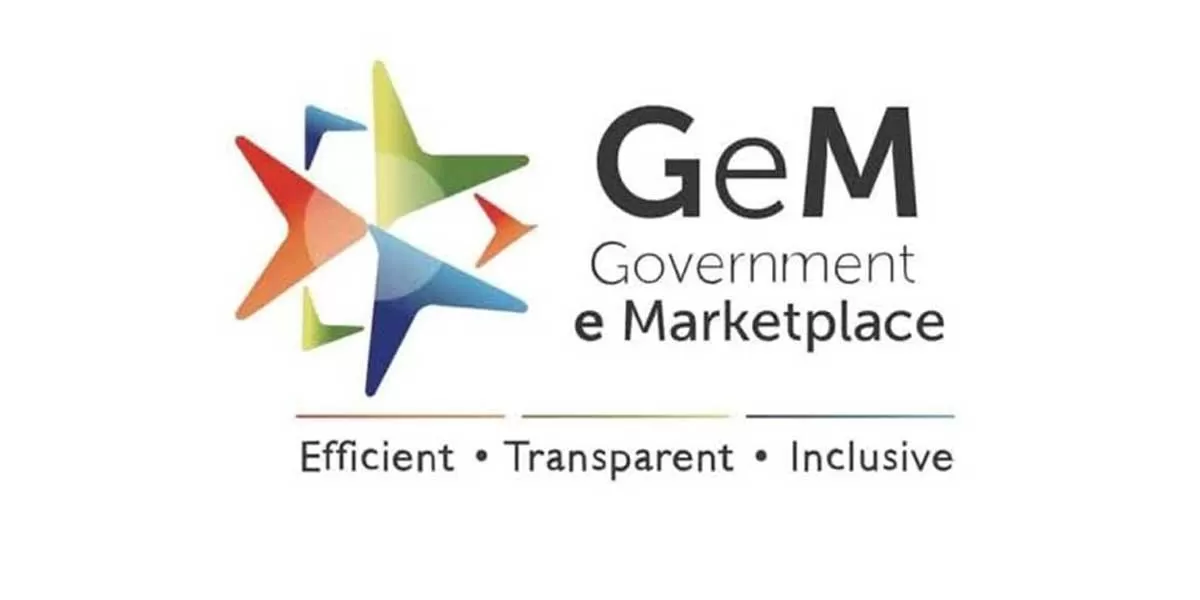

Ports, Shipping and Logistics to Drive Growth
India’s maritime sector remains a vital pillar of economic development, facilitating trade and global connectivity. Union Minister of Commerce & Industry Shri Piyush Goyal, speaking at the 12th Biennial International Conference on Ports, Shipping & Logistics 2025 in Mumbai, highlighted the need to enhance shipbuilding, flagged vessel operations, and logistics efficiency. The Minister noted that India has immense potential in shipbuilding and urged stakeholders to propose strategies for increasing Indian-flagged vessels. While India allows cabotage within WTO regulations, the country lacks a..

India’s Investment Climate Strengthens Growth and Global Alliances
The Central Government is committed to creating a business-friendly investment climate, ensuring regulatory stability, and enhancing the Ease of Doing Business (EoDB) in India. Union Minister of Commerce & Industry Shri Piyush Goyal reiterated this during his virtual address at the Pune International Business Summit 2025, organised by the Mahratta Chamber of Commerce, Industries, and Agriculture (MCCIA) on January 24, 2025. Shri Goyal highlighted that Prime Minister Shri Narendra Modi’s recent visits to the USA and France have strengthened investment opportunities and global partnership..

GeM Celebrates Six Years of SWAYATT Empowering Women and Startups
Government e Marketplace (GeM) commemorated six years of the Startups, Women & Youth Advantage through eTransactions (SWAYATT) initiative at its headquarters in New Delhi on 19 February 2025. Launched in 2019, SWAYATT was conceived to bolster the participation of women-led enterprises, startups, and youth in public procurement. Anchored in GeM’s core principle of social inclusion, the initiative is committed to enhancing ease of doing business by facilitating direct access to public procurement for Micro & Small Enterprises (MSEs), Self Help Groups (SHGs), and startups, particularly..














